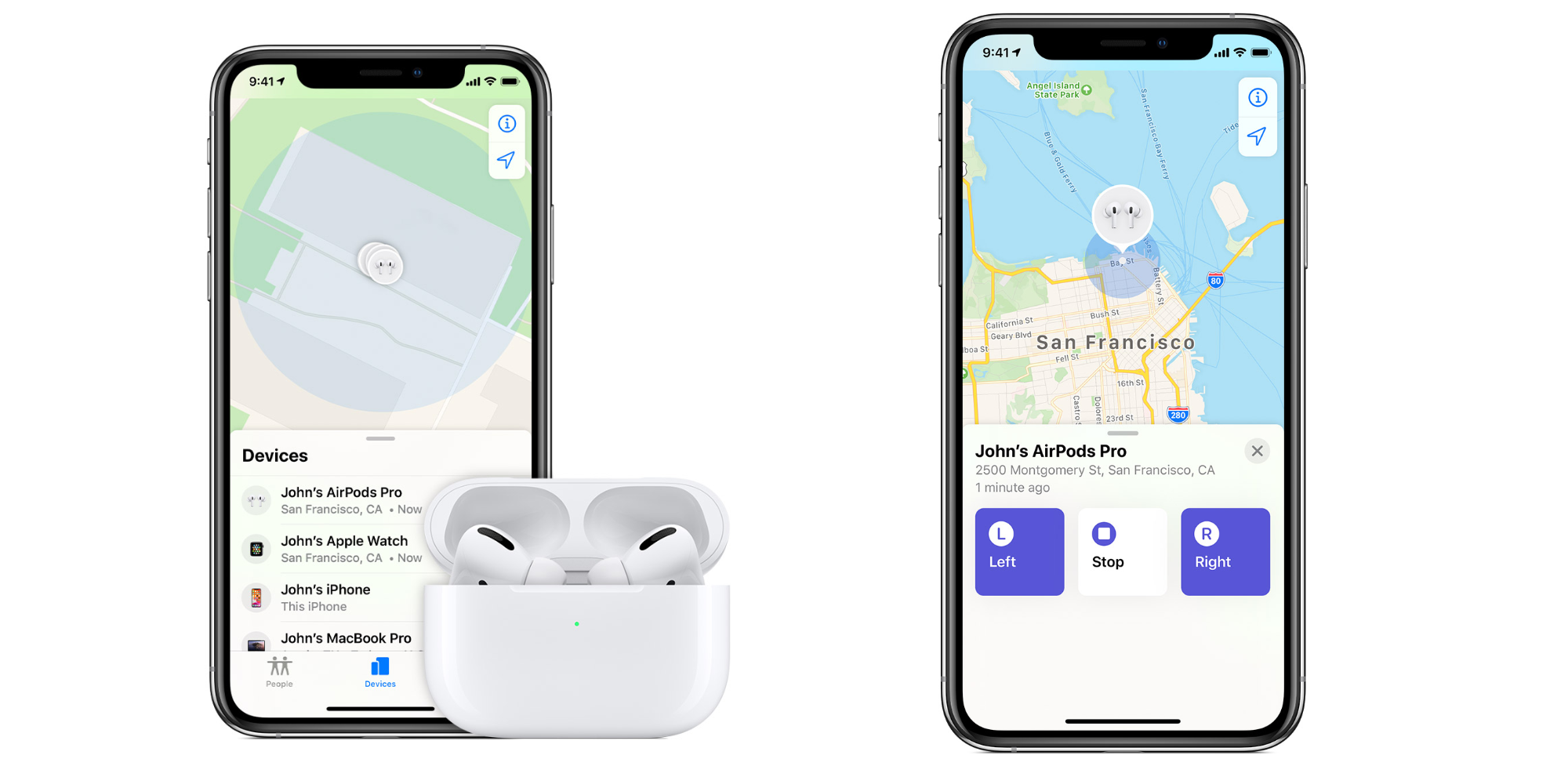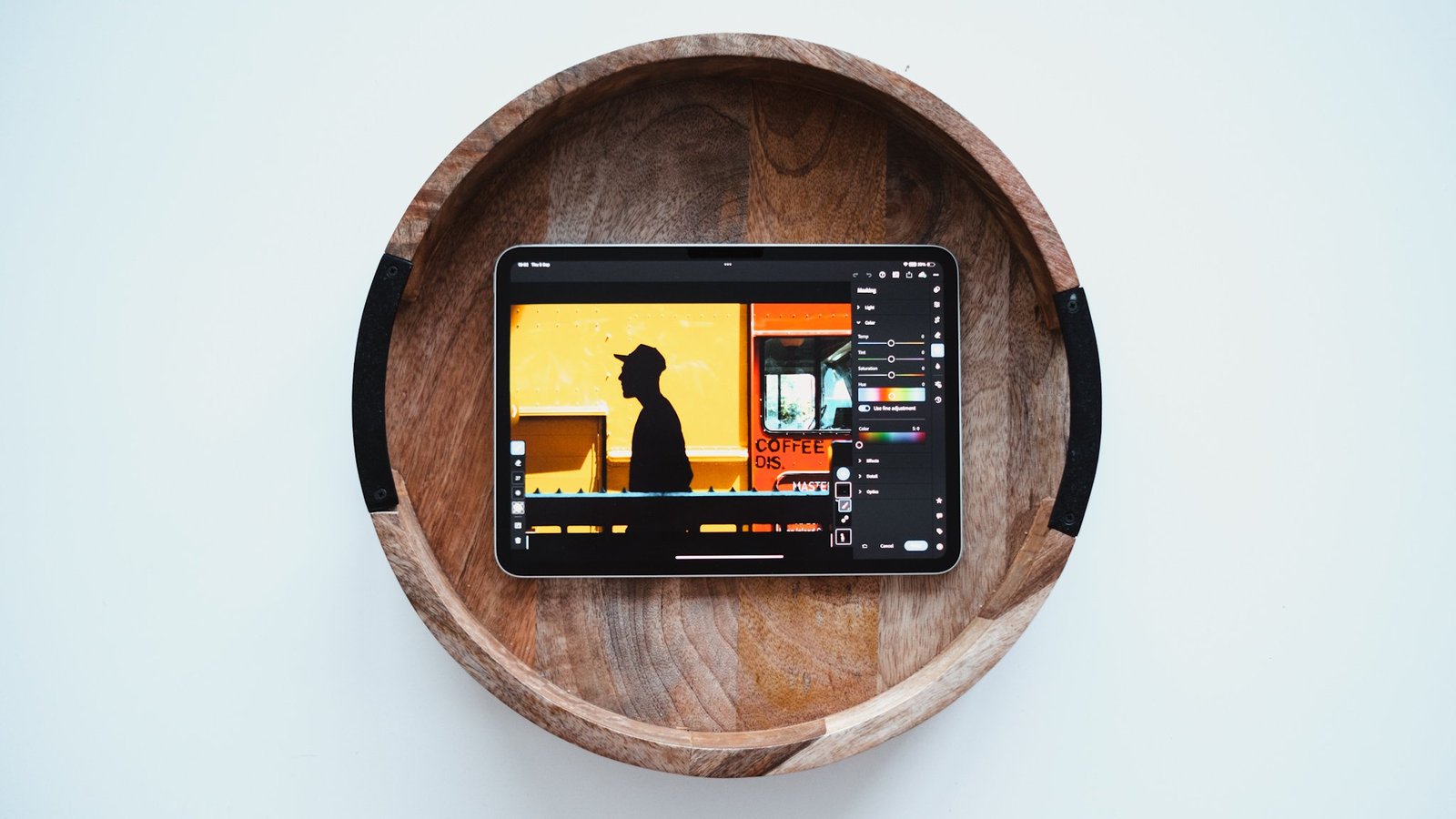In a move that could reshape the landscape of AI-generated music, major record companies have filed copyright infringement lawsuits against Suno and Udio, two prominent AI music generation platforms. The Recording Industry Association of America (RIAA), representing labels like Sony Music Entertainment, UMG Recordings, and Warner Records, announced the legal action on Monday.
The lawsuits allege that Suno and Udio, while offering innovative tools for music creation, have crossed a legal line by exploiting the copyrighted works of numerous artists without proper authorization or compensation. The companies’ AI models are trained on vast datasets of existing music, raising concerns about the originality of their output and the potential for misuse of intellectual property.
Mitch Glazier, Chairman and CEO of the RIAA, stated, “The music industry has always embraced technological advancements, and we are actively collaborating with responsible AI developers. However, unlicensed services like Suno and Udio, which profit from an artist’s life’s work without consent or compensation, threaten the future of genuine AI innovation in music.”
The lawsuits were filed in federal courts in Boston and New York against Suno AI and Uncharted Labs (the developer of Udio AI), respectively. The legal actions highlight the growing tension between the creative potential of AI in music and the rights of artists and copyright holders.
The music industry has been grappling with the implications of AI-generated music for some time. While some see the technology as a tool for numerous artists and collaboration, others worry about its potential to devalue the work of human musicians and disrupt existing business models.
This legal battle is expected to set a precedent for how copyright law applies to AI-generated music. The outcome could significantly impact the future development and use of AI music generation tools, potentially leading to stricter regulations and licensing agreements.
The lawsuits have already generated significant buzz in the music industry and beyond. Artists, music producers, and legal experts are closely watching the case, as it could have far-reaching implications for the creative industries.
The case also raises broader questions about the ethical use of AI in creative fields. As AI technology continues to advance, it is essential to establish clear guidelines and legal frameworks to protect the rights of creators and ensure that innovation benefits everyone involved.

















Add Comment